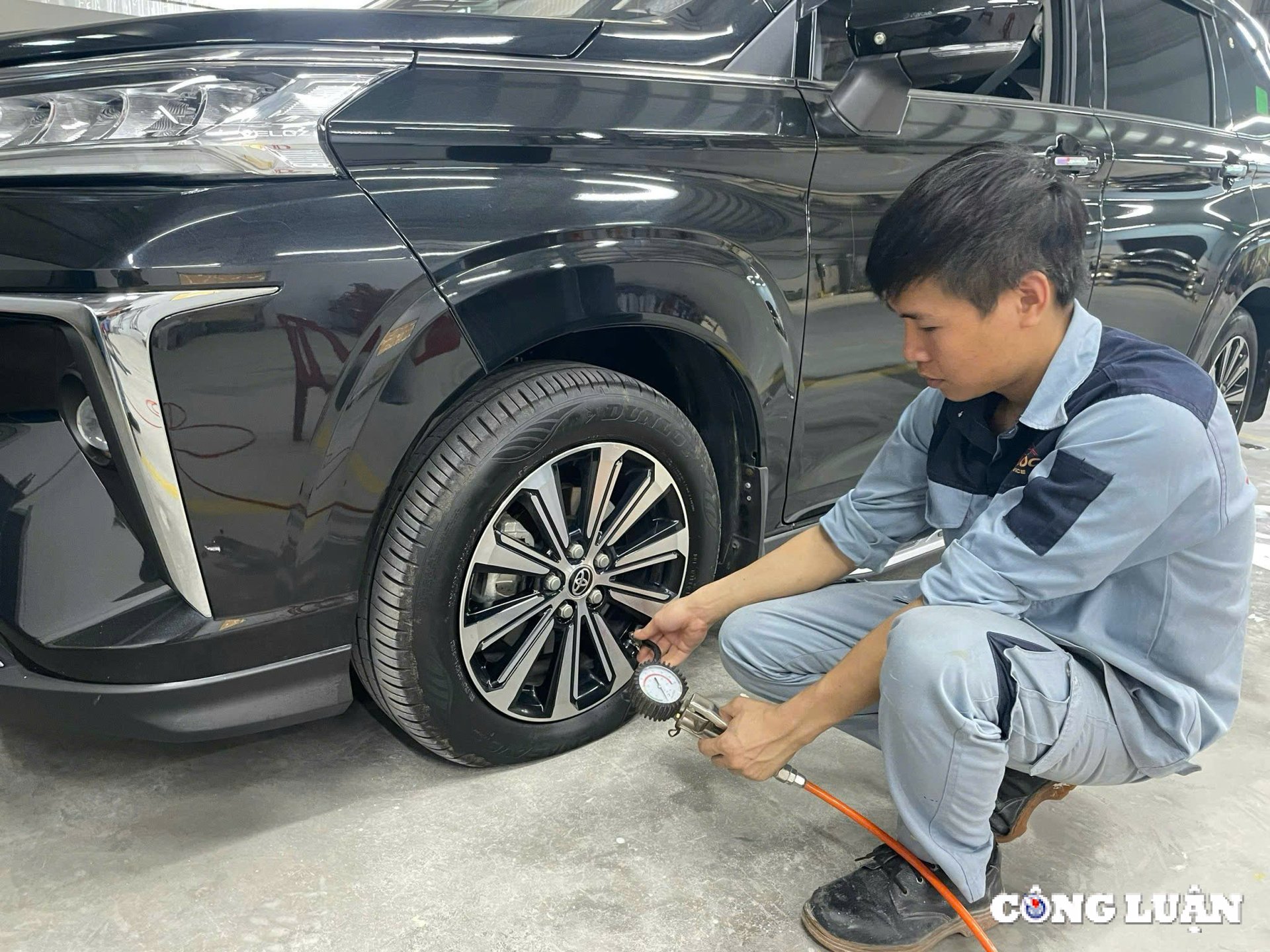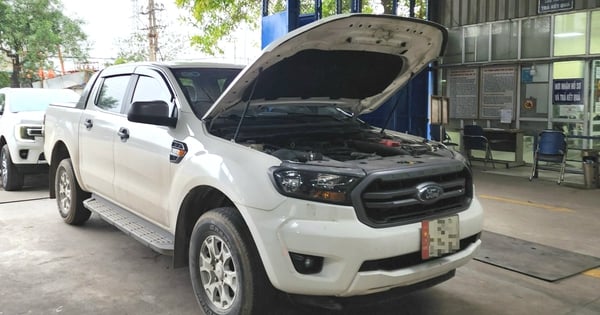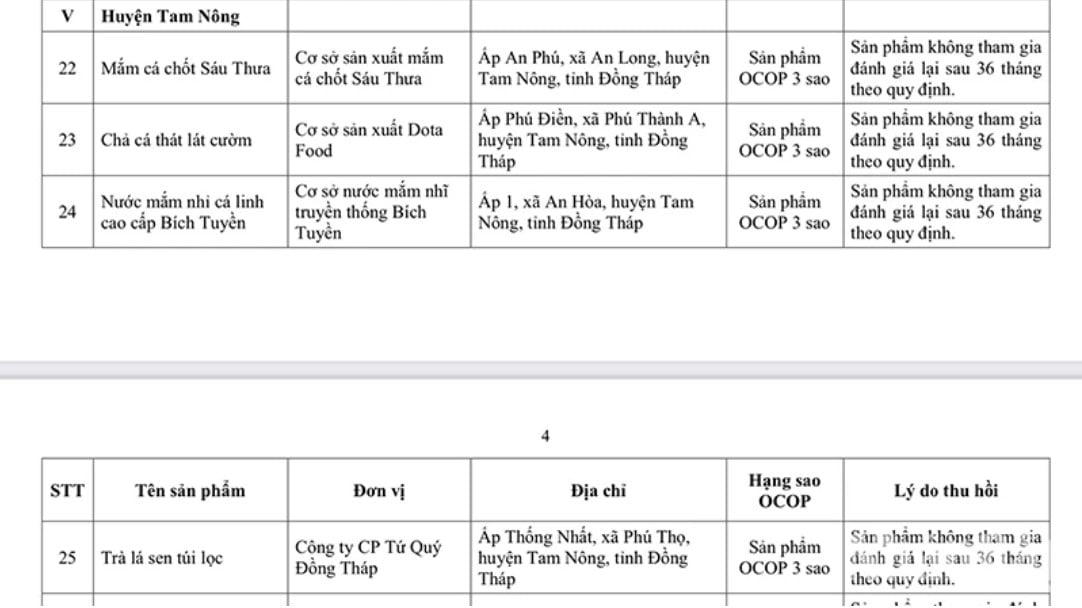The first and most obvious difference is the weight of electric vehicles. Electric vehicles are typically about 20% heavier than gasoline or diesel vehicles in the same segment. The main reason is the large and heavy battery system. This increased weight requires the tires to be designed with a stronger structure to withstand greater pressure during operation.
Electric vehicle tires must therefore use special materials, including fabric mesh and metal fibers inside, to help the tire maintain stability and limit deformation when the vehicle is running at high speed. If using conventional tires for electric vehicles, controlling the vehicle will be difficult, especially when moving quickly.

Tires designed for electric cars have a stronger structure to accommodate the increased pressure during operation.
Electric vehicles have a distinct advantage over conventional internal combustion engine vehicles: large torque and instantaneous response when stepping on the accelerator. This provides a powerful driving experience, and the vehicle can accelerate quickly. However, large torque also places higher demands on the tires.
Electric vehicle tires must be able to withstand high pressures during sudden accelerations, ensuring good grip and driver safety. Using substandard tires can lead to rapid wear, reduced performance and safety risks.
Electric vehicles stand out for their smooth operation and almost no noise from the engine. However, tires are still a source of noise due to friction with the road surface. Therefore, manufacturers have developed special compounds to minimize the noise from electric vehicle tires when in contact with the road surface, giving drivers a quieter experience when traveling.
Electric vehicle tires are designed to reduce rolling resistance, which helps optimize energy efficiency. This is important because electric vehicles rely on battery capacity to maintain range. Reducing rolling resistance allows the vehicle to travel further without using too much energy.
Source: https://www.congluan.vn/lop-o-to-dien-va-lop-o-to-thong-thuong-co-gi-khac-post317057.html



































![[Photo] Prime Minister Pham Minh Chinh chairs Government Conference with localities on economic growth](https://vstatic.vietnam.vn/vietnam/resource/IMAGE/2025/2/21/f34583484f2643a2a2b72168a0d64baa)

























































Comment (0)